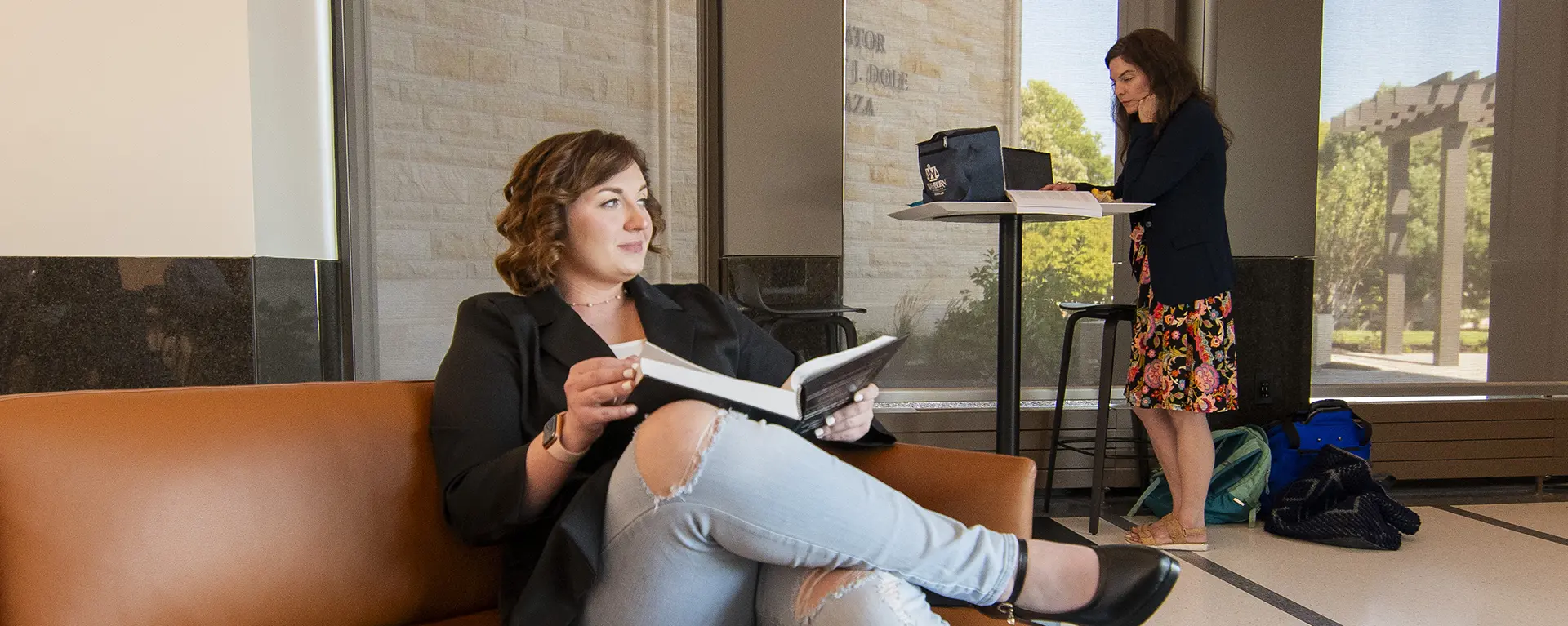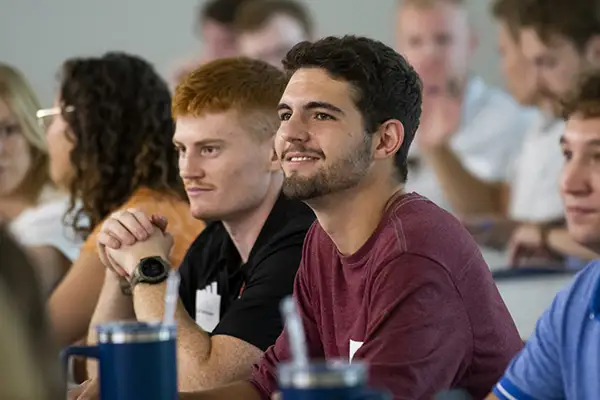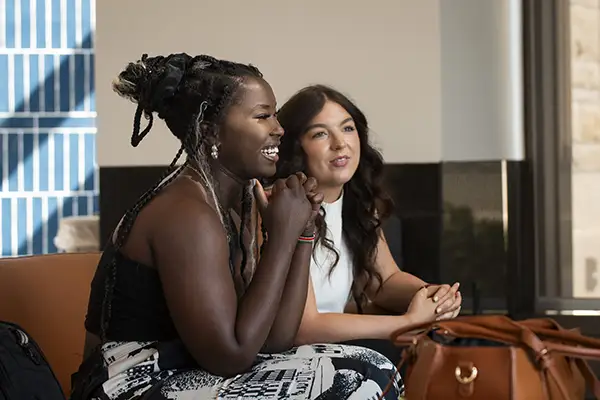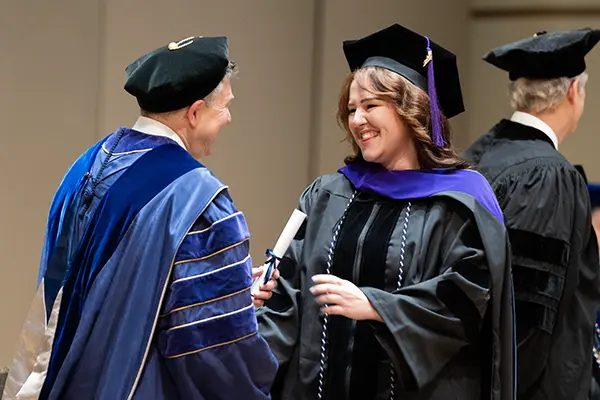Pro Bono Program


At Washburn Law, we believe the legal profession is fundamentally about service. By participating in our Pro Bono Program, you demonstrate to future employers your commitment to community service alongside gaining invaluable practical legal experience. As a lawyer, you'll have the unique opportunity to use your skills to improve the communities you serve. Engaging in pro bono—or volunteer—legal work allows you to learn the importance and personal rewards of helping others. Through our program, you'll not only gain legal experience but also interact with legal professionals and make a real difference in the community.
The Washburn Pro Bono Program is not equipped to accept inquiries from the public seeking direct legal representation. If you have a legal matter please see the Washburn Law Clinic.
At Washburn Law, our students have the opportunity to make a meaningful impact through a variety of pro bono projects. Here are some examples of organizations where our students have volunteered, showcasing their commitment to serving the community and gaining valuable legal experience.

We understand the financial challenges that come with pursuing unpaid summer legal opportunities in public interest. To support our students who are dedicated to making a difference, we offer the WSBA Public Interest Program. This program provides funding for qualifying students working in unpaid public interest legal jobs during the summer months. With these stipends, you can focus on gaining invaluable experience and serving the community without the worry of financial strain.

At Washburn Law, we are proud of our deep-rooted history in providing pro bono services, a tradition that dates back to before the establishment of one of the nation's first in-house, live-client law clinics in 1970. Our students and faculty have a long-standing commitment to serving the community, demonstrated through early pro bono projects such as assisting patients at Winter V.A. Hospital, serving as juvenile probation officers, and participating in the Topeka Bar Association's legal aid program.
Notably, our students, faculty and alumni were deeply involved in the landmark Brown v. Board of Education case, contributing on a pro bono basis when the case was reopened in the 1970s to assess the desegregation of Topeka schools. Joining Washburn Law means becoming part of a legacy of meaningful legal service and community impact.

Standard 303(b)(2) of the ABA Standards and Rules of Procedure for Approval of Law Schools provides:
A law school shall offer substantial opportunities to students for . . . student participation in pro bono legal services, including law-related public service activities….
Interpretation 303-3 provides:
Rule 6.1 of the ABA Model Rules of Professional Conduct encourages lawyers to provide pro bono legal services primarily to persons of limited means or to organizations that serve such persons. In addition, lawyers are encouraged to provide pro bono law-related public service. In meeting the requirement of Standard 303(b)(2), law schools are encouraged to promote opportunities for law student pro bono service that incorporate the priorities established in Model Rule 6.1. In addition, law schools are encouraged to promote opportunities for law students to provide over their law school career at least 50 hours of pro bono service that complies with Standard 303(b)(2). Pro bono and public service opportunities need not be structured to accomplish any of the outcomes required by Standard 302. Standard 303(b)(2) does not preclude the inclusion of credit-granting activities within a law school’s overall program of law-related pro bono opportunities so long as law-related non-credit bearing initiatives are also part of that program.
Interpretation 303-4 provides:
Law-related public service activities include (i) helping groups or organizations seeking to secure or protect civil rights, civil liberties, or public rights; (ii) helping charitable, religious, civic, community, governmental, and educational organizations not able to afford legal representation; (iii) participating in activities providing information about justice, the law or the legal system to those who might not otherwise have such information; and (iv) engaging in activities to enhance the capacity of the law and legal institutions to do justice.